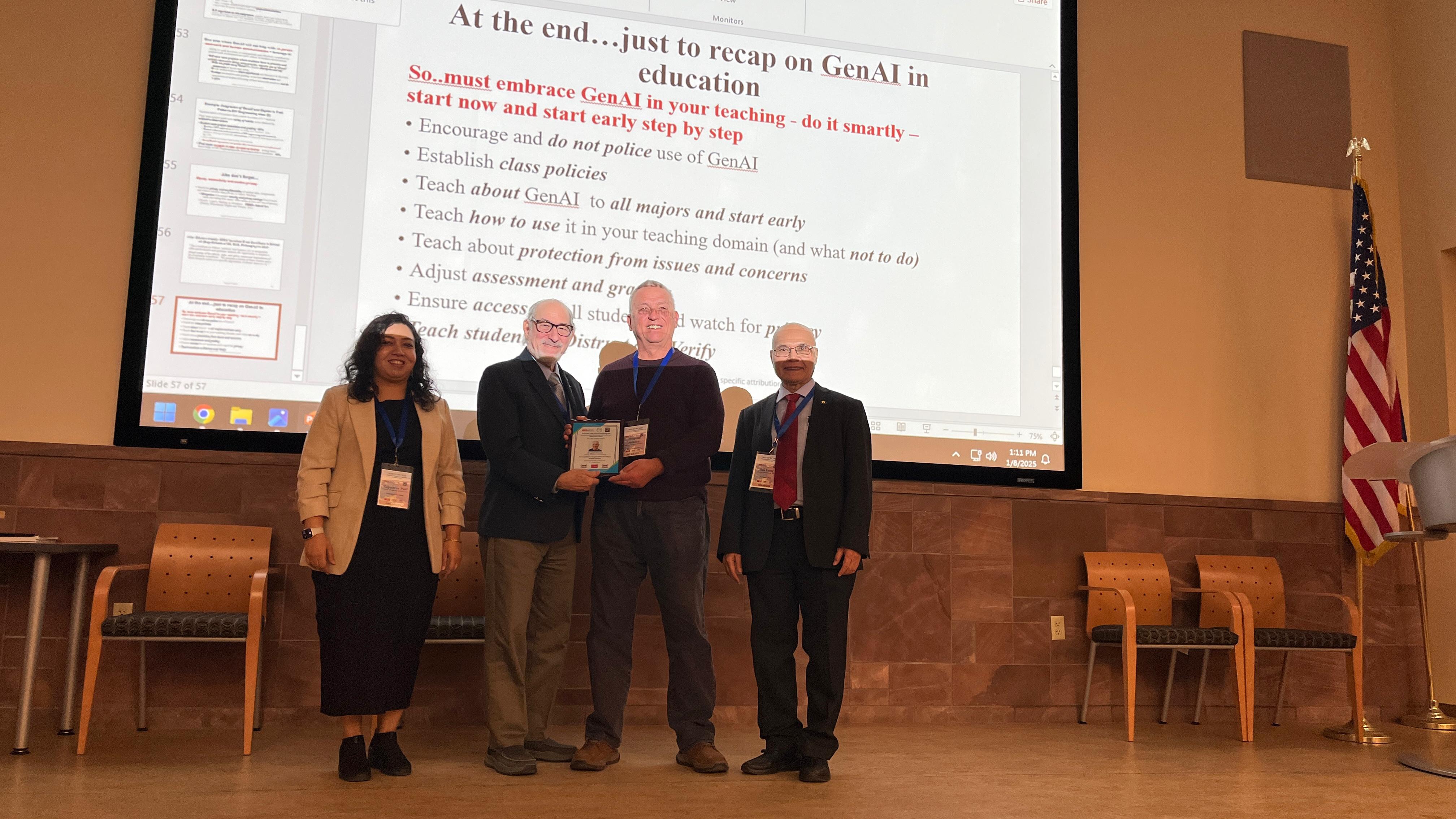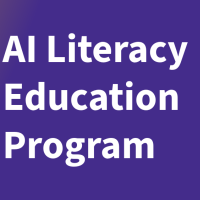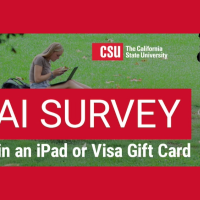Dragutin Petkovic, Ph.D., Professor of Computer Science

Keynote for 2025 IEEE CCWC
Dragutin Petkovic (IEEE Life Fellow since 2018, IEEE Fellow since 1998) received Ph.D. degree in electrical engineering from UC Irvine in 1983 in the area of biomedical image analysis, and B.S. and M.S. degrees in electrical engineering and multidisciplinary studies respectively from University of Belgrade, Serbia with emphasis on image and signal analysis. He is currently a professor of computer science at San Francisco State University (SFSU) since 2003 where he was computer science department chair from 2003 to 2015. In 2019, he founded and co-leads the multidisciplinary SFSU Graduate Certificate in Ethical Artificial Intelligence together with SFSU Department of Philosophy and School of Business. He was a founder and Director of SFSU Center for Computing for Life Sciences from 2005 till 2018 and collaborated on multiple NIH grants with Stanford University in the areas of Artificial Intelligence (AI) for bioinformatics. He held positions at VMware as a Senior Director, Applications, and as senior manager and researcher at IBM Almaden Research center, San Jose (1983-2000). His research focus included content based retrieval (he was founder of trend-setting IBM Query by Image Content QBIC project). For last 10 years his work combines AI and ease of use and has a goal to bring technology closer to people and users. Due to his concerns about the state of the ethics and trustworthiness of AI systems and their possibly negative implications to society, his recent focus is on explainable and trustworthy AI to which he contributes by papers, books, workshops, talks and by education of broader community via SFSU Certificate in Ethical AI.
Title For Talk: GenAI and Education: challenges, opportunities and some thoughts
Abstract: GenAI emerged as the fastest growing commercial technology with broad, strong and disruptive potential to affect all aspects of society: from business and education to everyday things we do. Recent IMF study on impact of AI on work predicts that 40% of jobs will be affected by GenAI, and for the first time most of those will be white collar jobs. GenAI is everywhere and easy to use, available 7/24, but it has its challenges and limitations. It also has very disruptive impact on education. This talk will have 3 parts: we will cover at very high level how GenAI work, then use this knowledge to summarize its issues, challenges and limitations, and then talk about its impact on education with some thoughts and educational experiences form speaker’s teaching at SFSU.

Tags



